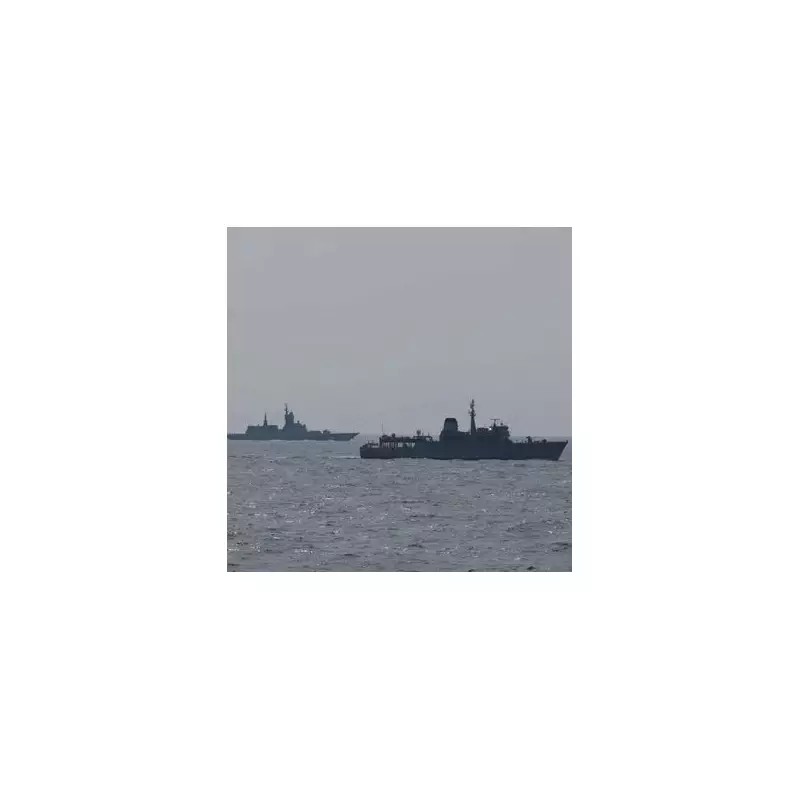
Russia Tests UK Resolve with Laser Incident and Naval Buildup
The United Kingdom has issued a stark warning to Moscow, asserting 'we know when you're coming,' following a significant escalation involving a Russian warship and RAF fighter jets. Defence Secretary John Healey confirmed last week that the Russian intelligence collection vessel Yantar deliberately directed lasers at RAF pilots who were tracking its movements, in a clear attempt to disrupt their monitoring operations.
This provocative act occurred amidst a broader pattern of increased Russian naval activity near UK waters. Over the past two weeks, the Royal Navy's HMS Severn also intercepted the Russian tanker Yelnya as it transited through the Dover Strait into the English Channel. Furthermore, an apparent submarine spy device was discovered off the UK coast, adding to the heightened state of alert.
A Marked Increase in Russian Naval Activity
While Russian vessels have historically used international waters close to the UK, the recent actions represent a worrying shift. Alexander Lord, the lead Europe analyst at strategic advisory firm Sibylline, told The Mirror that the Yantar incident was a serious development. "The use of lasers represented a clear escalation in Russia’s modus operandi and readiness to test the UK’s rules of engagement and boundaries," Lord stated.
He further warned that these tests are likely part of a continued campaign by Russia to deter the UK from increasing its support for Ukraine. Statistics support this assessment; the number of Russian vessels travelling through the Channel has risen "markedly" in recent years, with some estimates pointing to a 30 per cent increase in instances over the past two years.
Strategic Posturing and the Need for Vigilance
Retired Vice Admiral Duncan Potts explained to The Mirror that these manoeuvres are a form of strategic posturing from Russia, aimed not just at the UK but at NATO as a whole. In response, the UK and its Western allies are demonstrating their capability to counter any such posturing. "It's important for us to demonstrate 'we know when you're coming and we know that you're there,'" Potts emphasised.
He described Russia as a "country of opportunity" that will continue to probe for any perceived weaknesses among democracies. Even as details of a potential peace deal between Russia and Ukraine emerge, Potts stressed the importance of the UK remaining vigilant. He saw no indication of a change in Russia's stance towards the rest of Europe and argued that the UK must maintain its leadership position within NATO.
Potts concluded by highlighting the importance of signalling to Russia that the UK will stand up for the rules-based international order. He acknowledged the UK's significant capabilities but suggested that increased numbers would be beneficial, attributing current lower levels partly to past complacency in the West regarding European threats.
In a related discovery, a suspected Russian spy device was found off the UK coast by a group of litter pickers. Divers from Neptune's Army of Rubbish Cleaners (NARC) found the suspicious object while collecting rubbish in the Skomer Marine Conservation Zone in Pembrokeshire. The device, initially thought to be a navigational marker, is now believed to be a sonobuoy—an acoustic monitoring tool typically used to locate submarines.





